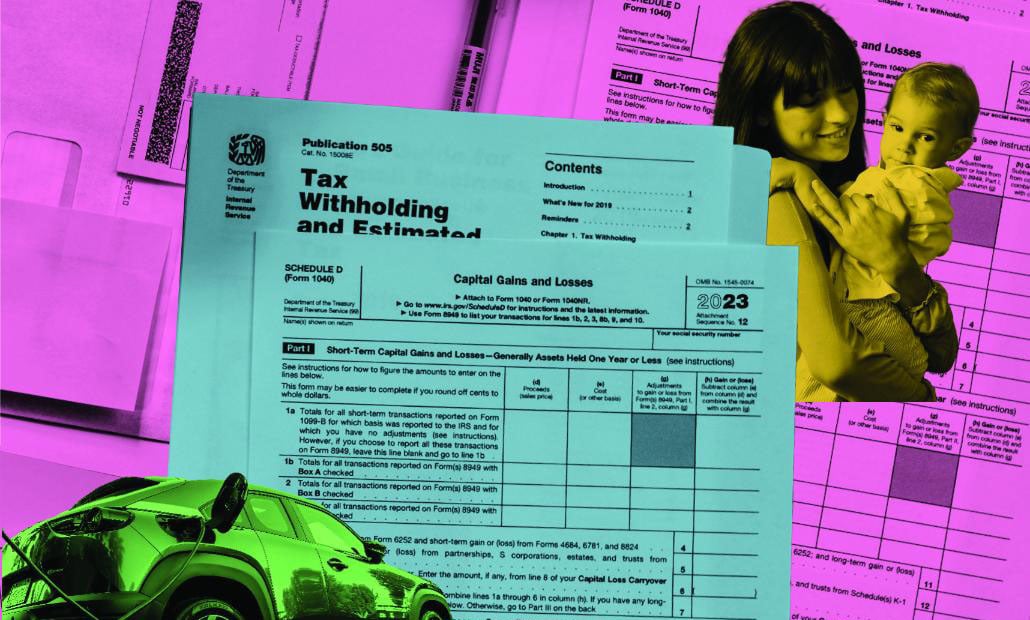It’s that dreaded time again: tax season. An already complicated process is further entangled by the fact that this is the last year your federal filings will be done “the old way.” Starting with your 2018 filing next year, the rules set out in the Tax Jobs and Cuts Act of 2017 will take effect. I know, I know—it’s already confusing and you haven’t even started gathering your paperwork or filling out any forms.
For parents, there will some significant changes next year—some good, some bad—and there are some actions you can take to prepare to prepare for them now. To clear it all up, we spoke with CPA Donna Wilkerson of DC-based Wilkerson PC.
The Good News
529 plans
“They have liberalized the 529 savings plans, so the funds in them can be used to pay for K-12 education for up to $10,000 a year,” says Wilkerson. Previously, those funds could only be used for higher education and some of its related expenses, such as textbooks and computers.
The child tax credit
Now, a lot more parents can benefit from this credit. “They’ve increased the child tax credit up to $2,000—it had been $1,000—for children under the age of 17,” says Wilkerson. “Also, it’s phased out at a much higher income level—$200,000 at all filing statuses, except married filing jointly, which is $400,000.” Plus, there’s a $500 credit for non-child dependents, which could include elderly parents or a sibling’s child.
The Bad News
Home equity debt
“One thing hasn’t changed: if the home equity debt has been incurred to buy, improve, or renovate the home that the note is on, it’s still deductible,” clarifies Wilkerson. “However, if you decide to take out a line of home equity credit to send a child to college—which I do not recommend—that’s no longer deductible.”
State, local, and property taxes
“They used to be deductible,” says Wilkerson. “Now they’re being capped at $10,000.” Depending on your income level and whether you own a home, this could be a big hit.
Divorce
Divorces could become more financially difficult for some couples, since the payer will not be receiving a tax break. “I hate bringing this up, but it’s a reality for some couples,” says Wilkerson. “For divorces after December 31, 2018, alimony is no longer deductible for the payee or taxable for the recipient.” Conversely, the recipient will be relieved of a tax burden.
What You Should Do Now
If you don’t have a 529 plan, start one
“Not only are you getting a little tax deduction on the state side, but it’s smart and it’s important,” says Wilkerson. “You’ll thank yourself later.”
Be wary of your inflated paycheck
“The tax cut may feel like a gift, but it’s not. Getting $50 in a paycheck is of no use, because it just disappears. Because something else in the code has changed, you may owe $2,000 to $4,000 next year instead of getting a refund you’re used to getting.” That’s why you should…
Talk to a CPA or financial advisor
“After tax season,” cautions Wilkerson, “since they don’t have the bandwidth now. But you should absolutely have them run your rough numbers to see how things could change for you next year and minimize any potential impact. A lot of families can’t absorb any hits. Do the numbers on your taxes, so you know if there’s a negative swing.”




















